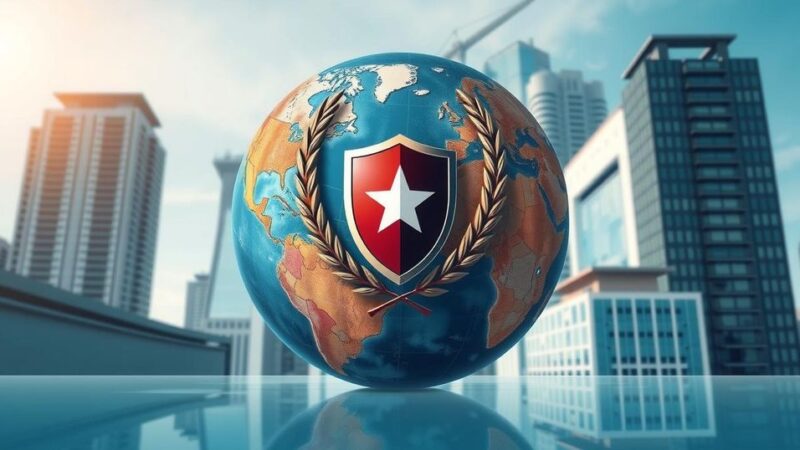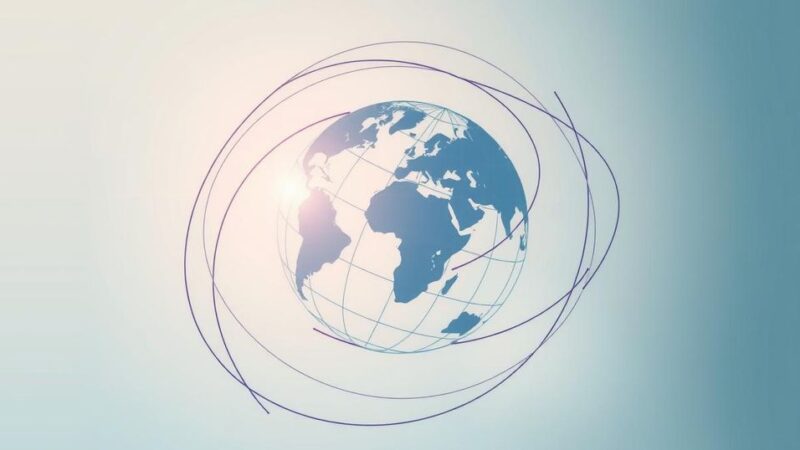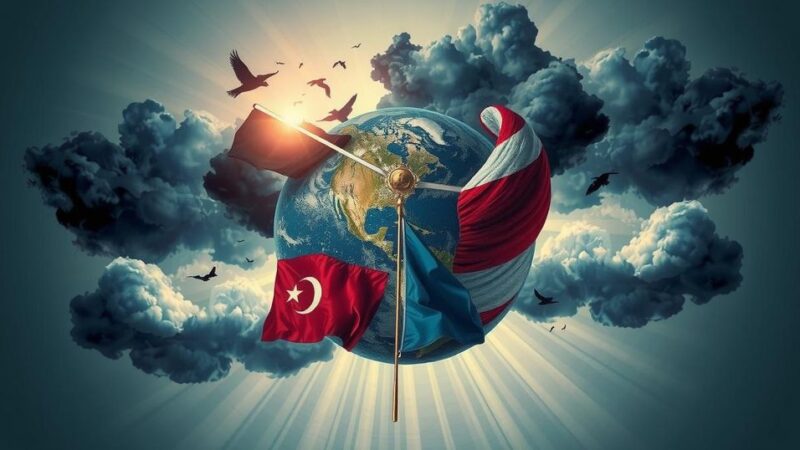Southeast Asian leaders met in Vientiane for an ASEAN summit focused on the Myanmar civil war and South China Sea disputes. The discussions included global powers and were influenced by recent leadership changes in member states. Myanmar’s humanitarian crisis and maritime claims against China dominated the agenda, with experts indicating limited scope for significant outcomes.
Southeast Asian leaders congregated in Vientiane, Laos, for their annual summit aimed at addressing serious regional issues, including the ongoing civil conflict in Myanmar and tensions in the South China Sea. The Association of Southeast Asian Nations (ASEAN) summit will be supplemented by discussions involving major global powers such as China, the United States, and Russia, who are vying for influence over the region. The timing of this meeting may also introduce discussions related to the escalation of violence in the Middle East, albeit the impact on Southeast Asia has thus far been indirect. The ASEAN framework traditionally holds limited influence even among its members; however, it serves as a critical platform for dialogues among superpowers engaged with Southeast Asia. Participating countries, which include Indonesia, Thailand, Singapore, the Philippines, Vietnam, Malaysia, Myanmar, Cambodia, Brunei, and Laos, will also engage dialogue partners from Japan, South Korea, India, and Australia on a broad range of topics, from economic cooperation to climate change and energy. This year’s summit marks significant leadership changes within several member states. Thailand’s Paetongtarn Shinawatra, who became the youngest leader at age 38 after his August appointment, and Singapore’s new Prime Minister Lawrence Wong, who took over in May, will play prominent roles. Vietnam’s leadership transition following To Lam’s inauguration will be reflected by the attendance of Prime Minister Pham Minh Chinh, while Indonesia’s President Joko Widodo will absent himself, sending Vice President Ma’ruf Amin instead. The crisis in Myanmar, exacerbated since the military coup that ousted the democratically elected government of Aung San Suu Kyi in February 2021, is expected to be a key topic. Myanmar’s humanitarian situation, marked by a violent crackdown on pro-democracy protests, has deteriorated, leading to close to 6,000 casualties. Although Myanmar was barred from sending political representatives since late 2021, it will be represented by Foreign Ministry permanent secretary Aung Kyaw Moe, indicating a shift in ASEAN’s approach to the crisis. However, experts suggest this inclusion may signal ASEAN’s fatigue regarding Myanmar’s situation, diminishing prospects for meaningful breakthroughs in resolving it. Additionally, maritime territorial disputes in the South China Sea are anticipated to take center stage, with member countries like Vietnam, the Philippines, Malaysia, and Brunei asserting overlapping claims against China’s expansive claims in the region. Rising tensions have marked interactions, exemplified by confrontations between Chinese forces and Filipino vessels, and recent incidents involving Vietnamese fishermen. Members are inclined to prioritize relations with Beijing over addressing conflicts, leading to a preference for conflict avoidance. This reflects the intricate balance of national interests overshadowing collective regional aspirations in the discussions.
The meeting represents a crucial moment for ASEAN, which has been grappling with internal conflicts and external pressures from powerful nations vying for influence in Southeast Asia. The summit presents an opportunity for leaders to confront enduring crises, notably Myanmar’s civil war and the contentious territorial disputes in the South China Sea, both of which have significant implications for regional stability and security. Against a backdrop of shifting political leadership and increasing assertiveness from external powers, the forum seeks to foster dialogue and potential resolutions amidst complex dynamics that often complicate direct action.
In conclusion, the ASEAN summit in Vientiane serves as a pivotal gathering to address vital regional issues such as the unrest in Myanmar and the South China Sea disputes. With changes in leadership among member states and the presence of key global powers, discussions may shape the trajectory of cooperation and conflict resolution in the region, although achieving substantial outcomes remains uncertain due to ongoing national interests and external influences.
Original Source: www.newsday.com






